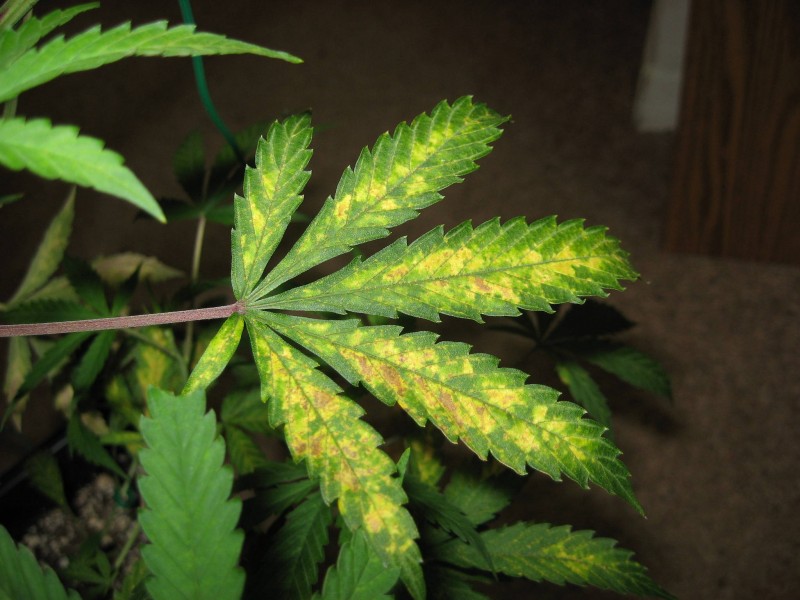
In our quest to cultivate thriving gardens, we often encounter the challenge of plant nutrient deficiency. This article will explore various aspects of this issue and provide actionable tips on how to prevent and address it effectively. Let's dive into the world of plant nutrition.
Before delving into prevention strategies, it's essential to understand the crucial role nutrients play in the well-being of plants. Plants require a variety of nutrients to grow, develop, and produce fruit or flowers. These nutrients are classified into two categories:
To address nutrient deficiency effectively, you need to recognize the signs:
Symptoms vary depending on the specific nutrient deficiency. Common signs include leaf discoloration, curling, or distortion.
Now that you can identify nutrient deficiency symptoms, let's explore strategies to prevent them and maintain healthy plants.
Conduct regular soil tests to assess nutrient levels. This informs you of any deficiencies and guides your fertilizer choices.
Select fertilizers with an appropriate N-P-K ratio to meet your plant's needs. Choose slow-release fertilizers for consistent nutrient supply.
Incorporate organic matter like compost into your soil. It improves nutrient retention and soil structure.
Avoid overwatering, which can leach nutrients from the soil. Use a drip irrigation system or water deeply but less frequently.
Apply mulch to conserve soil moisture and regulate temperature. It also helps prevent nutrient loss through erosion.
Certain plants can help each other by sharing or enhancing nutrient availability. Research companion planting for your crops.
Rotate your crops annually to reduce nutrient depletion in the soil. Different plants have varying nutrient needs.
Monitor and adjust soil pH to ensure optimal nutrient uptake. Most plants thrive in slightly acidic to neutral soils.
Pests and diseases can stress plants, increasing their nutrient requirements. Implement effective pest management practices.
Pruning encourages healthy growth by redirecting nutrients to productive parts of the plant.
Apply fertilizers during the active growth phase of your plants to maximize nutrient uptake.
In conclusion, preventing plant nutrient deficiency is essential for a successful garden. By understanding the role of nutrients, recognizing deficiency symptoms, and implementing these prevention strategies, you can ensure your plants thrive and produce bountiful harvests. Happy gardening!
Defect in the cornea can cause blindness, these are the symptoms, be careful
Foods for Gum and Teeth Health
HPV is an alarm bell for the world! Know what it is and how to avoid it